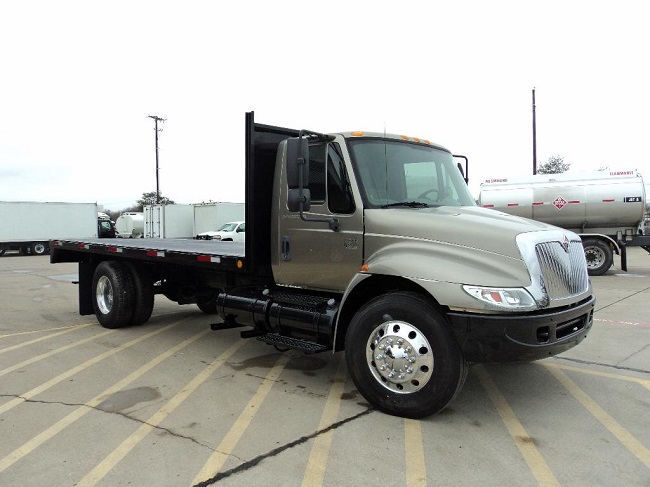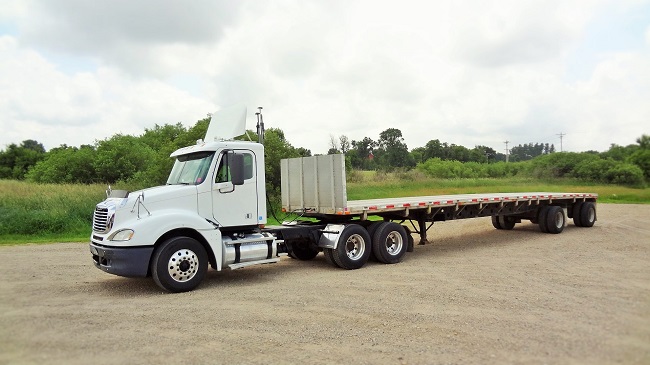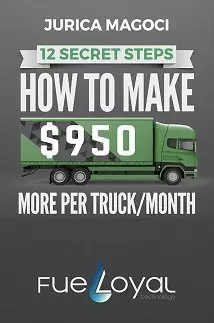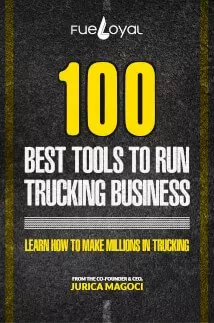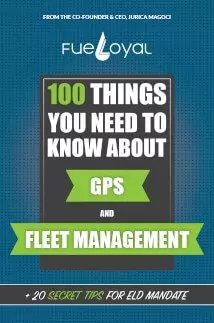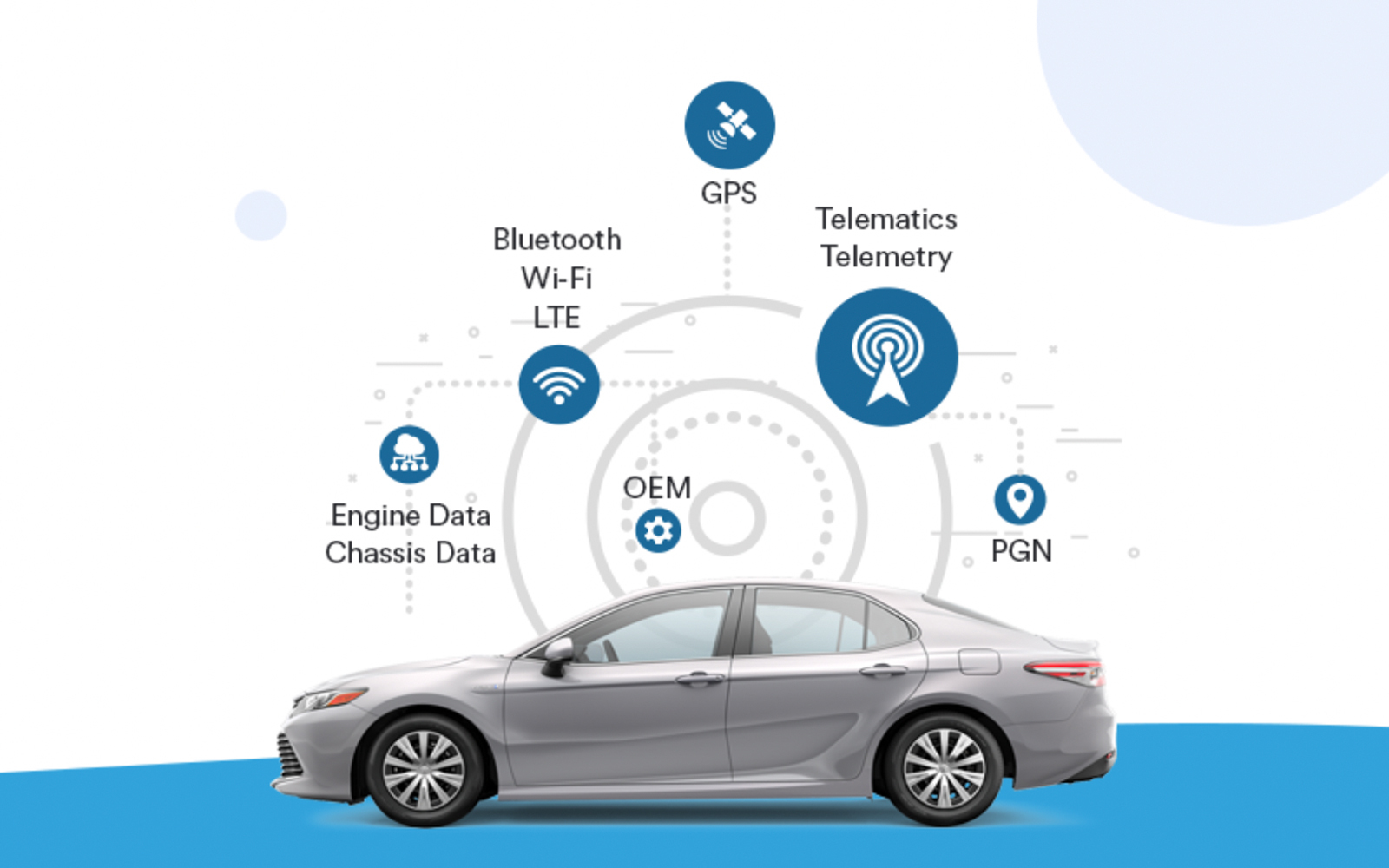I am sure I have mention it one too many times in my previous articles how buying used equipment has some pros and cons, but let me tell you one more time, because it is important to know your options. Please spend some time shopping around! Compare prices and think about it! Then make a decision but sleep on it a day or two before you purchase it.
New, out of the dealership truck is always a good thing but that does not mean that that is the best choice for you right at this time! So once you made your mind and decide to go with the used flatbed truck there is a few things that you need to take in consideration.
Source: www.logistix.ir
Regardless if you are buying new or used flatbed trucks the specifications they have and the use and purpose of them is same so let me cover the basics first.
As I stated in one of my previous articles, commercial vehicles come in all shapes and sizes. Even just within the trucking industry there are several types of vehicles. They all vary by classification, based on their Gross Vehicle Weight Rating (GVWR). The United States Department of Transportation identifies them using one of the following eight classifications:
- Class 1- is from 0 to 6,000 pounds (0 to 2,722 kg)
- Class 2- is from 6,001 to 10,000 pounds (2,722 to 4,536 kg)
- Class 3- is from 10,001 to 14,000 pounds (4,536 to 6,350 kg)
- Class 4- is from 14,001 to 16,000 pounds (6,351 to 7,257 kg)
- Class 5- is from 16,001 to 19,500 pounds (7,258 to 8,845 kg).
- Class 6- is from 19,501 to 26,000 pounds (8,846 to 11,793 kg)
- Class 7- is from 26,001 to 33,000 pounds (11,794 to 14,969 kg)
- Class 8- covers everything over 33,000 pounds (14,969 kg)
Flatbed trucks mostly would fall into either the class 6 or class 7 categories or medium duty trucks. These types of trucks have a multiple uses in our industry. If you own this type of vehicle you are most likely to use it when there is LTL (less then load) freight, that it’s almost luxury to not operate it this days. It is also used for odd sized loads; hardware stores will use it for delivering goods that were purchased, but like and every other commercial vehicle the use and purpose is endless.
